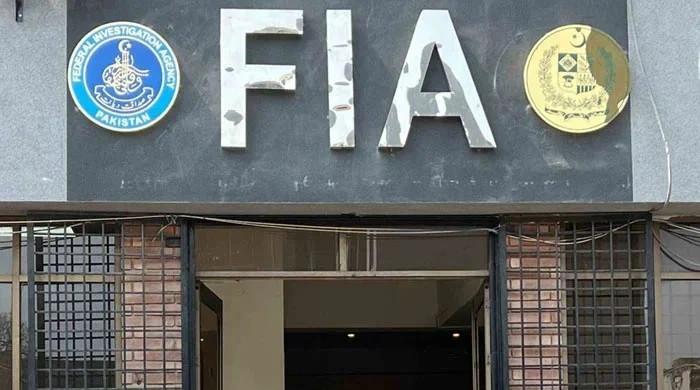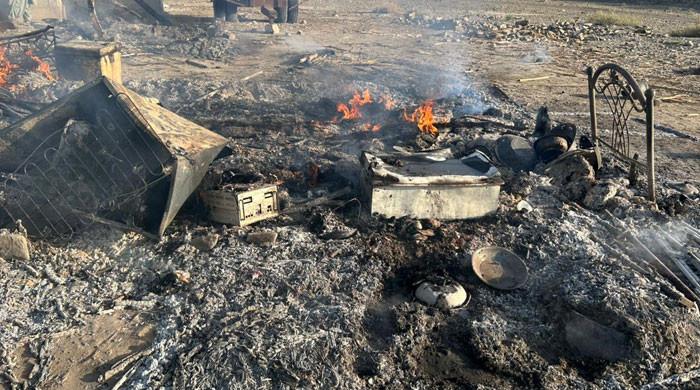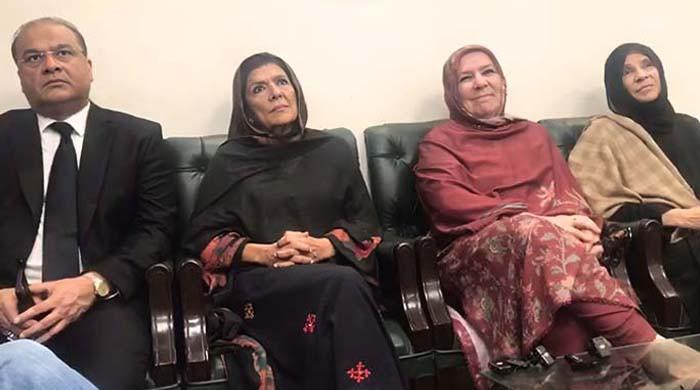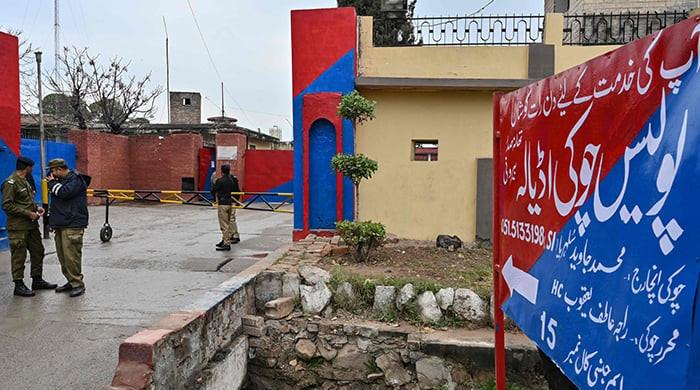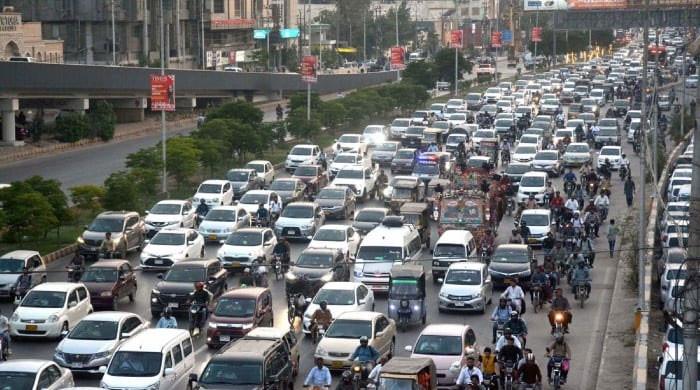The ugliness within beauty salons
Employees at beauty salons in Pakistan are often exploited: overworked, underpaid, and denied the basic rights of an employee
June 22, 2017
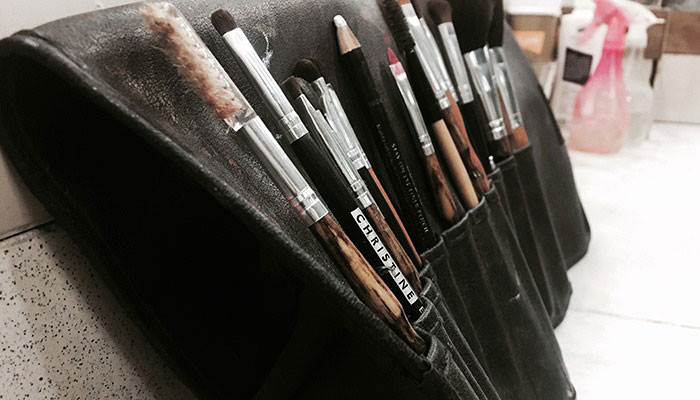
Three years ago, Sanam* was a 15-year-old school dropout with limited options. A friend recommended her to the owner of a well-known beauty salon in Lahore’s Gulberg area.
On her first day at work, she was given a short course in basic services — hair styling, threading, facials and massage. No one had taught her how to wax a client. Yet, she was asked to perform the service a few days after joining. There were only three girls at work that day.
At first, Sanam obliged, then hesitated, and finally refused. When the client complained, the owner, a middle-aged woman, insisted Sanam do the job. A verbal spat ensued. The owner then grabbed the teenager by the hair, dragged her across the floor, and locked her in a storeroom. The next day Sanam quit. She never got the remainder of her Rs. 3,500 monthly salary, which is criminally below the state-mandated minimum wage.
“For a while, I could not find a job,” she tells Geo.tv, “My boss had called up several places to ensure I do not get hired.”
Today, she is employed with a small, makeshift salon in the Shadman area of Lahore. The memory of the humiliation still haunts her, but there is little she can do about it. (The salon owner did not respond to any requests for comments).
Pakistan’s hair and beauty industry is large and profitable. Yet, it is unregulated. The actual number of salons and spas is hard to come by since most small business enterprises shy away from registration in order to avoid taxation.
Only 40 beauty salons from across the country are registered with the Securities and Exchange Commission of Pakistan (SECP), the Islamabad-based financial regulatory authority. While according to the Punjab Revenue Authority, there are approximately 287 salons in the province that are taxpayers, yielding about three to four million rupees a month.
Both figures are grave underestimations. Every residential area and commercial hub in the country hosts at least a few dozen beauty parlours. And more are popping up every day since it is relatively easy and cheap to open one up.
But what is more troubling is the exploitation behind the glass doors that is largely overlooked. Even the ritziest salons in Pakistan unabashedly flout labour laws. Employees, mostly underage girls, are underpaid, overworked and denied employment benefits.
Women and girls who opt for this profession are school dropouts, uneducated or from very poor families. At other times, they are from conservative households and are only permitted to work in offices with no men.
Workdays range from 9 to 12 hours, except on special occasions when the women are required to toil well into the night. Salaries can start from as low as Rs. 1,500 or Rs. 5,000 per month, even though the government this year has increased the legal minimum wage to Rs. 15,000.
“I can easily do between three to four facials every day,” says Noor*, an apprentice trainee at a salon in Lahore. “Our parlour charges Rs. 6,000 for a simple facial, which is more than I make.”
Noor takes home Rs. 5,000 per month.
If the pay isn't demeaning enough, on joining, employees are required to sign a contract that binds them for three years. It should be noted that bonded labour is outlawed in the country. And then there is the daily verbal and, at times, physical abuse that the women are subjected to.
Any requests for increments are usually met with stony silence, say most of the women Geo.tv spoke to. Moreover, medical insurance is rarely extended to the salon workers, who routinely work with hot irons and around toxic fumes from hair dyes and nail polish removers.
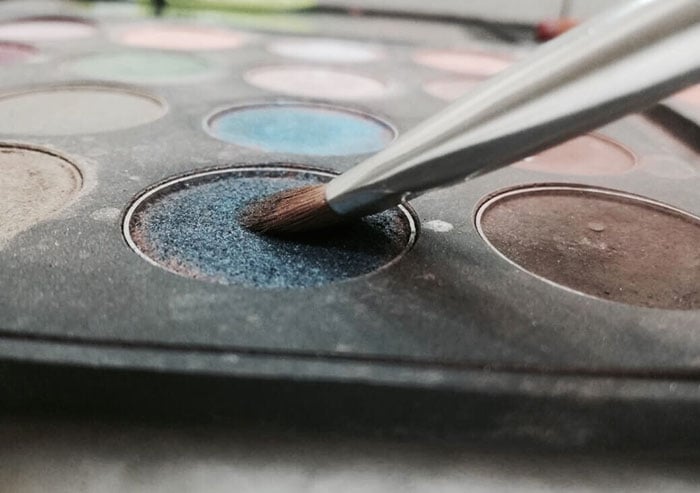
*Ramzana has been working in the salon industry for the last 17 years. Today, after nearly two decades, she makes Rs. 35, 000. She is the sole earner for her family of four. But a few years ago, her only source of livelihood was in danger after she broke her wrist on the job. “I had to take time off,” she tells Geo.tv.
“So the salon paid me my monthly salary, which I then used to pay my medical bills. When it became apparent that my injury will take some time to heal, I was sacked.”
The UK franchise Toni and Guy opened its first salon in Pakistan in 2009. Since then, its branches have steadily webbed across the country. As an international brand, Toni and Guy says it ensures that its workers have opportunities to grow with time.
“I don’t know which local parlours specifically violate laws, but it is indeed sad,” says Juju Haider, the creative director at Toni and Guy. “This is not just about labour laws, it is about human rights. People here do not know their rights hence they are easy to exploit.”
In March, the Punjab government announced plans to roll out a Beauty Parlors Invoice Monitoring System, to monitor salon’s sale invoices and to bring them into the tax paying net. Once launched, it would be an important step towards regulating this service industry. But even that is unlikely to change the working conditions for the thousands of salon workers.
*Names have been changed to protect identities






